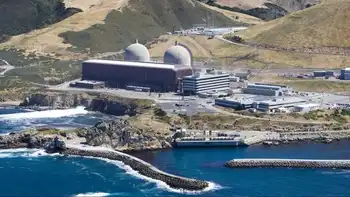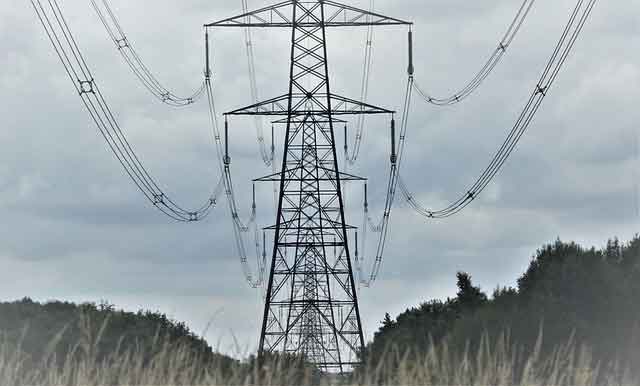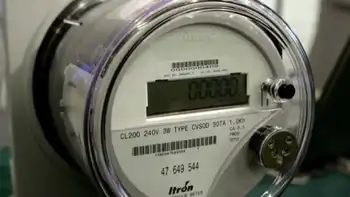FPL customers not getting money's worth from green program
According to a 19-page report written by the staff of Florida's Public Service Commission, FPL's Sunshine Energy Program suffers from several problems and "does not currently serve the interest of the program's participants."
The voluntary program charges FPL customers $9.75 per month — on top of the regular energy bill — to help develop alternative power sources. Nearly 39,000 FPL customers participate in it.
According to FPL's web site, for every 10,000 subscribers, the company will develop 150 kilowatts of solar energy in Florida and buy 1,000 kilowatt hours of renewable energy credits.
Public Service Commission staff said only 24 percent of the $11.4 million collected from customers went toward developing renewable energy. The rest went to marketing and administrative costs.
The PSC staff wrote in the report that the program "must be redesigned to address state renewable energy policies and to better serve the interest of the program's participants." The staff will discuss its findings with the commission during a meeting in Tallahassee on July 1.
The report also criticized FPL's handling of promised solar power projects. One of the few projects actually completed was the installation of solar panels on an upscale residential neighborhood in Naples.
"There could have been other projects that would have provided greater benefits to the program's participants," wrote Public Service Commission staff.
FPL spokeswoman Amy Brunjes says the company is evaluating the report and has already filed paperwork with the Public Service Commission to modify the Sunshine Energy Program.
Holly Binns, field director for the Tallahassee-based group Environment Florida, is dismayed by the findings.
"This report is really disappointing for customers, who, I think in good faith, spent their hard earned money to jump start renewable energy in Florida."
Related News

German coalition backs electricity subsidy for industries
BERLIN - Germany’s three-party coalition is debating whether electricity prices for energy-intensive industries should be subsidised to prevent companies from moving production abroad.
Calls to reduce the electricity bill for big industrial producers are being made by leading politicians, who, like others in Germany, fear the country could lose its position as an industrial powerhouse as it gradually shifts away from fossil fuel-based production.
“It is in the interest of all of us that this strong industry, which we undoubtedly have in Germany, is preserved,” Lars Klingbeil, head of Germany’s leading government party SPD (S&D), told Bayrischer Rundfunk on Wednesday.
To achieve this,…





